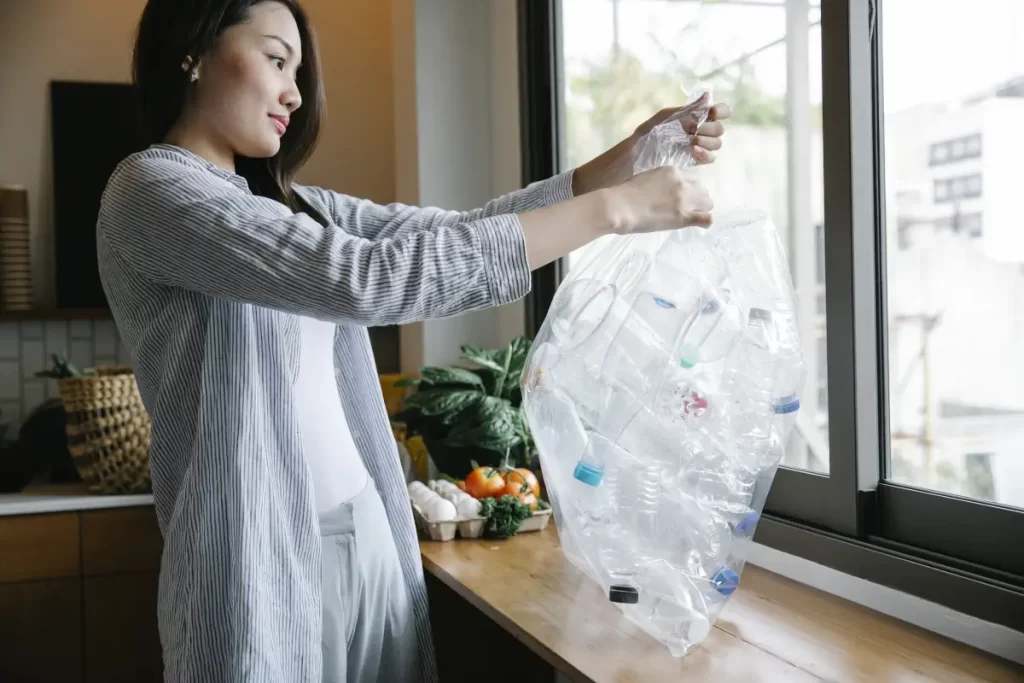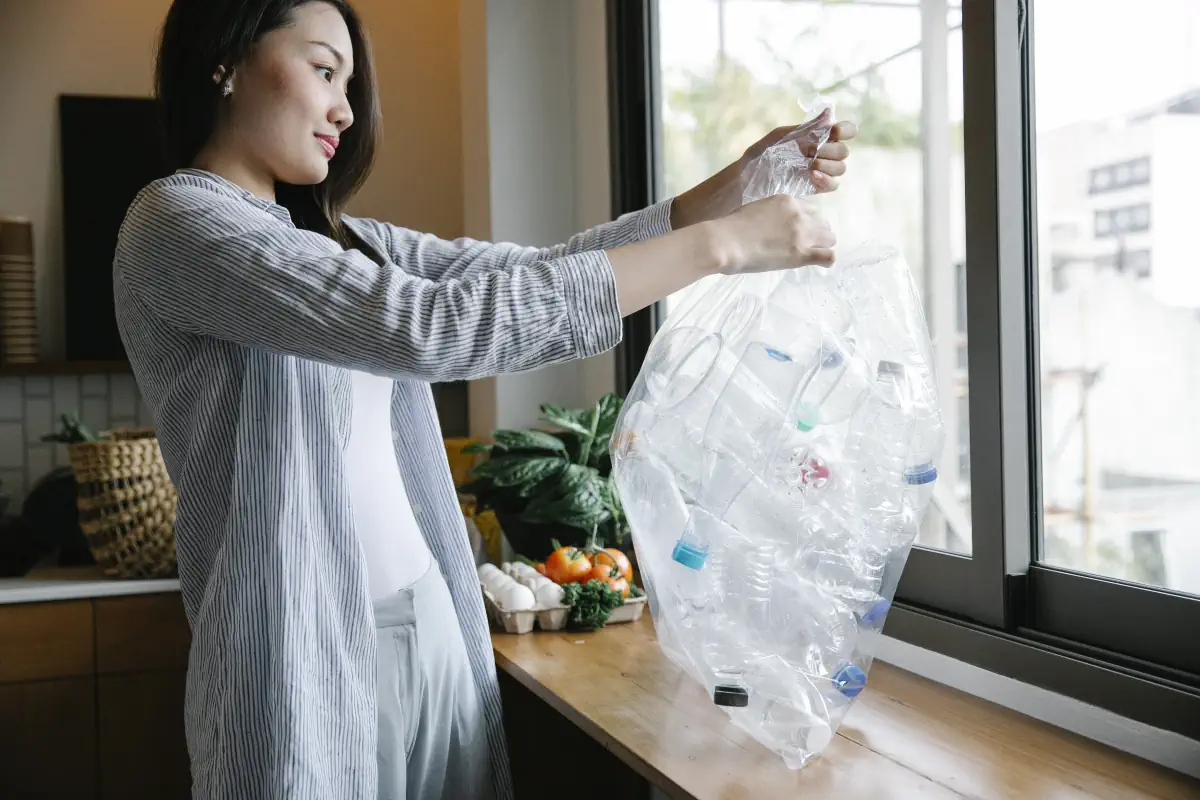Yes, plastic may have many uses, but we have become too accustomed to a “disposable” lifestyle, resulting in grave environmental consequences. Single-use plastic waste is estimated to grow in succeeding years, with packaging accounting for 40% of all plastic produced.
We need to slow down on (or better yet stop) using plastic and improve how we manage plastic waste because, at present, a lot of it pollutes the environment. Plastic waste can last for centuries, with most plastic products never completely dissolving. They merely shrink, and many of these microplastics are mistaken for food by farm animals or fish, finding their way to our dinner plates.
But the world is waking up to the situation, and more nations are taking action. Along with smart buoys monitoring marine pollutants and advanced technologies helping to rid the oceans of plastic waste, several groups are now running public awareness campaigns, giving recycling incentives, implementing regulations to decrease the use of disposable plastics, and even banning plastic products outright.
1. Say No to Single-Use Plastic
Take measures to address areas in your business where unnecessary plastic packaging and single-use plastic are being used. This includes coffee cups with plastic lids, plastic cutlery, and takeout containers, as well as plastic straws and water bottles.
A few cities in the United States, namely Boston, Chicago, Los Angeles, San Francisco, and Seattle, have banned single-use plastic bags. Other cities, including New York, Portland, and Washington DC, charge fees for plastic bags. Additionally, over 75 nations, including Bangladesh, Italy, Portugal, Uganda, Vietnam, Yemen, and Zimbabwe, have implemented a complete or partial ban on single-use plastic bags.
You don’t have to wait for a regulation to be passed in your area. If you run a retail establishment, start replacing single-use plastic bags with reusable bags, offering a discount to customers who bring their own bags, providing cardboard boxes, or coming up with another creative alternative to single-use plastic.

2. Encourage Eco-Friendly Habits in the Workplace
Encourage your employees to bring their own mugs, tumblers, or reusable water bottles and containers. Consider giving incentives to everyone who posts pictures of their efforts on your social media site, such as a point-based reward system or an entry into a monthly prize draw.
Moreover, urge your staff and colleagues to bring their own lunches rather than buying ready-to-eat meals that often come in plastic packaging. Apart from lessening plastic waste, preparing a weekly meal plan and packing their own food, even eating leftovers, can also help in reducing food waste. Ask them to pack their sandwiches in recyclable material rather than using plastic wrap. Providing access to a refrigerator and microwave can also motivate your employees to pack homemade meals more frequently.
Lastly, use positive signage to remind your staff to bring their own water bottles and reusable bags or to toss their trash in the correct recycling bin. You can create color-coordinated or picture-based signage to educate employees and build better recycling habits.

3. Upgrade to a Green Office Pantry
Check the cupboards in your shared office kitchen to determine the amount of single-use plastics present-plastic cups, utensils, plates, bags, straws, trash bags, and more. Consider gathering any single-use plastics in your kitchen and arranging for them to be recycled. Replace them with reusable items, such as ceramic mugs and plates, as well as steel cutlery and straws. If you do need to use plastic for garbage, opt for compostable trash bags.
Get rid of the vending machines, replace disposable water bottles with water coolers, and instruct your employees to bring reusable bottles from home that they can refill at work when needed. Additionally, replace K-cups and coffee pods with a plastic-free French press, pour-over coffee brewer, or a traditional coffee maker.

4. Ask Suppliers for Plastic-Free Options
Consider having a talk with your suppliers or vendors about the way they package their products and suggest that they eliminate or reduce their use of plastic. Choose items that only require minimal packaging.
Buy certain products, such as liquid soap, dishwasher detergent, and other cleaning supplies, in bulk whenever possible. Buying in bulk does not only minimize packaging, but it is typically cheaper as well. Ask your suppliers if they offer plastic-free or reduced plastic alternatives for items you purchase in much larger quantities.
It doesn’t matter how big or small your business is-if enough companies start asking about plastic-free options, and suppliers and manufacturers will start thinking about ways to accommodate those demands.
Final Thoughts
As with any other facet of environmental sustainability and going green, reducing your organization’s plastic use and waste is a process. To be successful in this endeavor, you must educate yourself and your colleagues on plastic pollution, its consequences, and eco-friendly alternatives. Getting everyone in your business involved, refusing disposable plastic whenever possible, and offering incentives can go a long way in changing behaviors and cleaning our oceans.
- 4 Benefits of Reducing Carbon Emissions to Businesses - July 6, 2022
- 4 Sustainable Building Designs for Commercial Properties - May 14, 2022
- How AI Plays a Significant Role in Discovering the Universe - March 23, 2022
